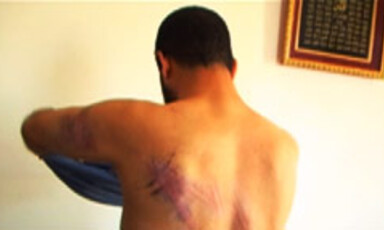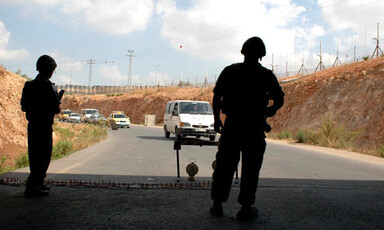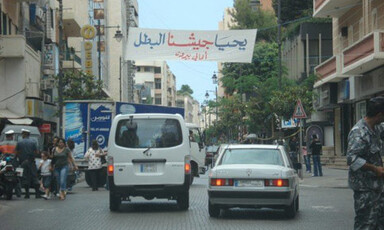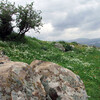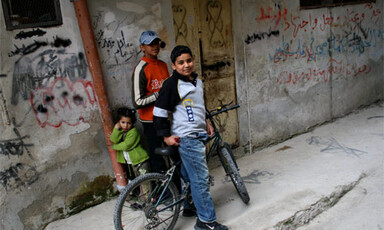
Finkelstein case: Academic freedom loses to Israeli lobby
25 June 2007
As an untenured assistant professor on this campus, who thought serious scholarship would find a site of articulation within the university named after St. Vincent de Paul, I have questioned not only my DePaul colleagues’ commitment to academic freedom, but the motivations and rationalizations of many of my colleagues who remain silent in the wake of the grave injustice that took place on 8 June 2007, when Finkelstein and Larudee received their denial letters from President Dennis Holtschneider. Matthew Abraham writes for The Electronic Intifada. Read more about Finkelstein case: Academic freedom loses to Israeli lobby

